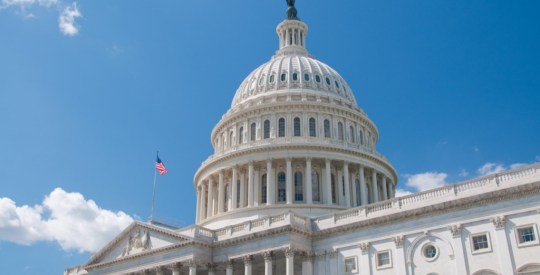Reports predicting strong home construction activity in 2013 had very little impact on interest rates this past week, according to Freddie Mac’s primary mortgage market survey.
On the other hand, Bankrate.com is reporting that interest rates went up after the Federal Reserve suggested it would enact additional stimulus.
The 30-year, fixed-rate mortgage came in at 3.37% for the week ending Dec. 20, up from 3.32% a week earlier and down from 3.91% a year ago, according to Freddie Mac’s survey.
Rates overall were mixed with the 15-year, FRM edging down to 2.65% from 2.66% a week earlier, according to the same report.
“Mortgage rates were mixed this week following data reports on stable inflation and a thriving home construction market,” noted Frank Nothaft, vice president and chief economist for Freddie Mac. “The 12-month growth in the core consumer price index has remained between 1.9 and 2.1 percent for the past five consecutive months ending in November. Meanwhile, housing starts averaged the strongest three months in November since September 2008, and homebuilder confidence rose in December to its highest reading since April 2008.”
The 5-year, Treasury-indexed hybrid adjustable-rate mortgage came in at 2.71%, up from 2.70% a week earlier and down from 2.85% a year earlier.
In addition, the 1-year, Treasury-indexed ARM averaged 2.52%, a decline from 2.53% a week earlier and much lower than the 2.77% rate posted last year.
Bankrate’s interest rate report came in much stronger with the 30-year, FRM growing to 3.62% from 3.52% a week earlier, and the 15-year, FRM edging up to 2.89% from 2.85%.
The 5/1 ARM also grew to 2.78% after reaching the 2.74% mark a week earlier.
“Mortgage rates posted these sudden increases following last week’s announcement of additional stimulus by the Federal Reserve,” said Freddie Mac.
While this newly announced bond-buying program is designed to keep long-term interest rates and mortgage rates low, the initial reaction was opposite because of concerns that the Fed’s printing of more money would eventually lead to higher inflation. Not to worry, however, as the fiscal cliff issue is still at center stage and as year-end draws closer without an agreement, that is likely to push bond yields and mortgage rates back down.”





